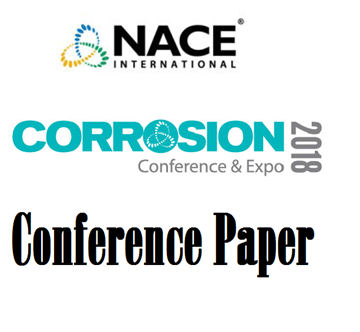Search
Non-Toxic Novel Silicone Foul-Release Marine Coatings
Also Purchased
02215 COATINGS PERFORMANCE UNDER MARINE ENVIRONMENT
Product Number:
51300-02215-SG
ISBN:
02215 2002 CP
$20.00
51318-10473-Monitoring The growth of Marine Bio-films of Different Metallic Alloys in Seawater by EIS
Product Number:
51318-10473-SG
Publication Date:
2108
$20.00
NSRP Surface Preparation and Coating Panel Update Initiatives to Reduce the Costs of Painting Navy Ships
Product Number:
41212-669-SG
Publication Date:
2012
$20.00
Recently viewed



